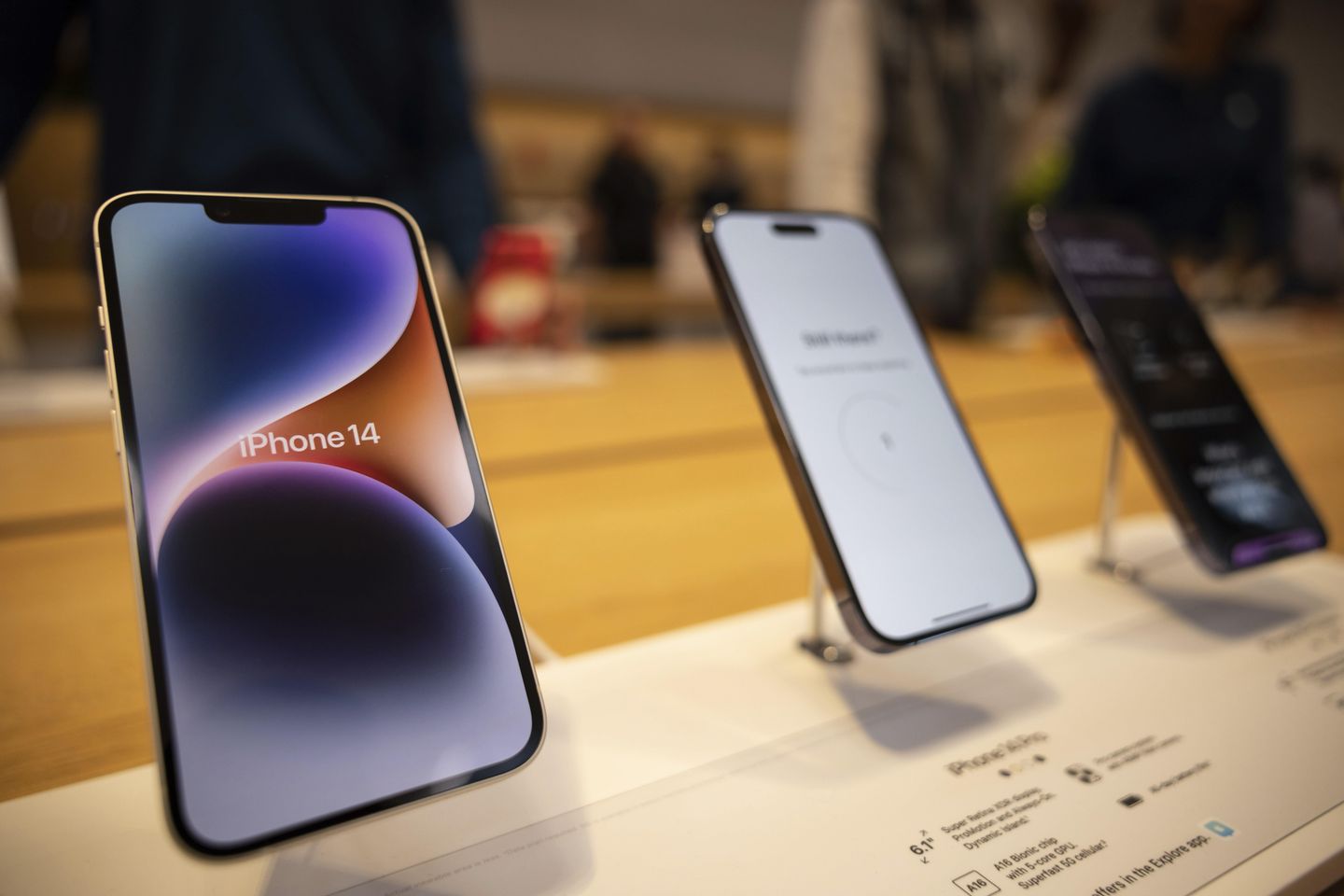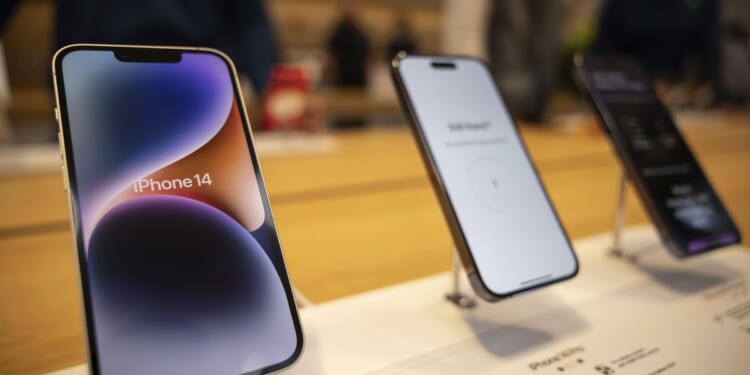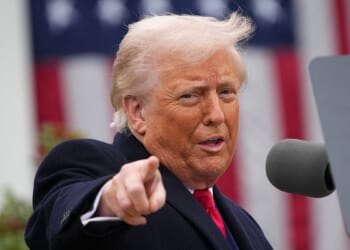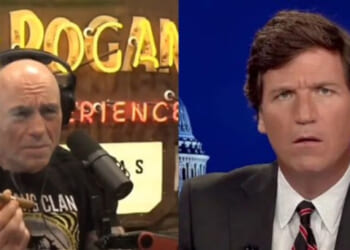
Secretary of Commerce Howard Lutnick has announced that smartphones and electronics initially exempted from President Trump’s recent 145% reciprocal tariffs on Chinese goods will soon face new “semiconductor sectoral tariffs” in the coming months. This clarification comes amid criticism that the administration is improvising its trade policy after a tumultuous week that saw market turmoil and escalating trade tensions with China.
Mr. Lutnick explained on ABC’s “This Week” that these electronic products were moved to a different “tariff bucket” focused on national security concerns under Section 232 of the Trade Expansion Act. The administration aims to reshore semiconductor and chip production to reduce dependence on Southeast Asia. This new approach will specifically target the chips inside smartphones, laptops and other electronics excluded from the reciprocal tariffs.
The recent exemption announcement provided temporary relief to tech giants like Apple and Microsoft that manufacture in China. Mr. Trump insisted on social media that there was no tariff “exception,” stating these products are subject to existing 20% fentanyl tariffs and are simply being recategorized.
White House Trade Adviser Peter Navarro defended the administration’s approach, claiming the situation is “unfolding exactly” as planned with numerous potential trade deals in progress. Officials were less certain about whether Chinese President Xi Jinping would yield in the escalating trade war, where China has retaliated with 125% tariffs on American goods.
Democrats criticized the chaotic implementation of tariffs. Sen. Cory Booker called for congressional hearings into potential insider trading related to the tariff announcements, saying the approach is “hurting the American people” through rising costs.
Neel Kashkari, president of the Federal Reserve Bank of Minneapolis, warned that uncertainty surrounding trade issues increases recession risks. He stressed that swift resolution of trade disputes could restore confidence and reduce economic downturn possibilities, noting that consumer and business nervousness alone could trigger a recession regardless of the mathematical impact of tariffs on prices.
Read more: Trump administration officials say tariff reprieve on electronics is temporary
This article is written with the assistance of generative artificial intelligence based solely on Washington Times original reporting and wire services. For more information, please read our AI policy or contact Ann Wog, Managing Editor for Digital, at awog@washingtontimes.com
The Washington Times AI Ethics Newsroom Committee can be reached at aispotlight@washingtontimes.com.








